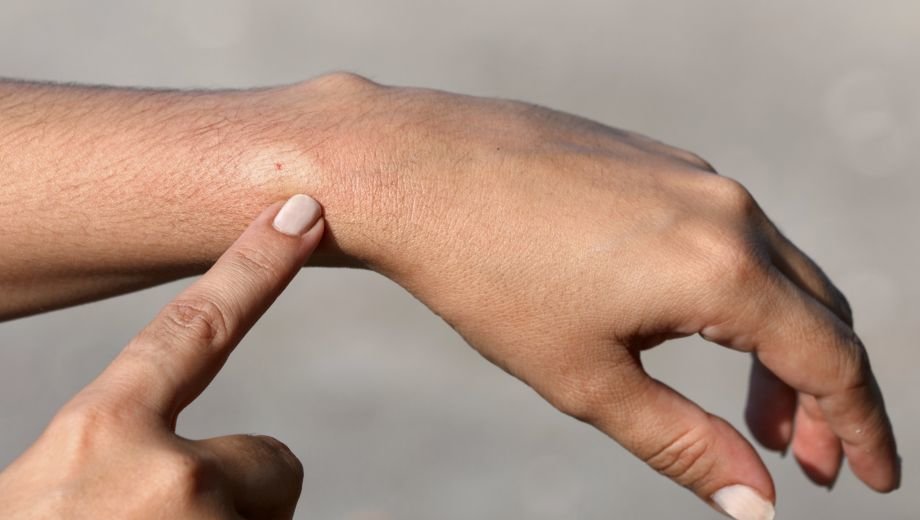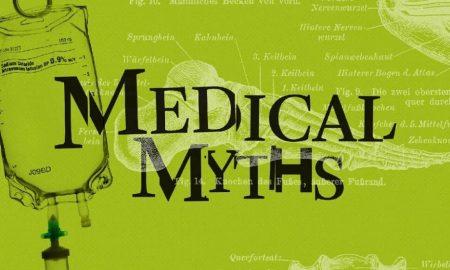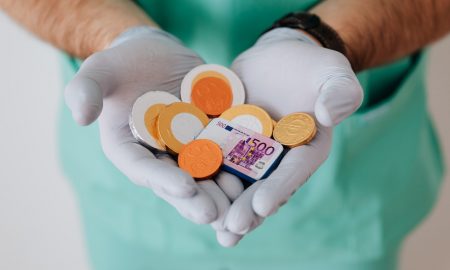
Watch Out for These Five Insect Bites this Summer!

Summer is the best time to be outdoors, basking in the warmth of the sun and lying on sandy beaches until nightfall. But nature can have its drawbacks, especially when it’s in the form of insects and bugs that may sting or bite. Most of the time, you’ll end up with an itching or a red bump on your skin from an annoying critter bite that goes away with the application of soothing creams and antihistamines.
On some occasions, the consequences of a bug bite can become a lot more severe, leading to allergic reaction, shortness of breath and extreme swelling. Because different insect bites can trigger varying symptoms, here is how you can identify and treat them.

Black widow is a rare spider genus which is 15 times more poisonous than rattlesnake
Spider bites
There are literally thousands of different kinds of spiders crawling around the country, but only two rare genera, namely the black widow spider the brown recluse, can lead to severe complications. The much-feared black widow spider is one of the most venomous insects on the planet, which is 15 times more poisonous than rattlesnake. A bite from any other type of spiders is nonvenomous and can cause mild symptoms such as slight itchiness and a red bump.
Spider bites can be treated at home if symptoms don’t get severe. Simply apply an antibiotic ointment to the affected area after washing it with water and soap. Swelling usually subsides within a day, but using a cold compress can help alleviate some of the pain.
Fly bites
Flies aren’t venomous or transmit diseases but their bites can be extremely painful. When flies bite, they inject some of their saliva into our system which can occasionally trigger allergic reactions. Horse and deer flies have sharp scissor-like mouths which can lead to painful bites that must be treated by a doctor.
Black flies, which often attack in hives and can lead to vicious bites. Some types of flies, such as the sand flies can also cause a rare skin disease called leishmaniasis after a bite. Common house flies are mostly nuisances that don’t cause any severe symptoms after biting.
Mosquito bites
We’ve all been bitten by mosquitoes at some point in our lives – mostly on a hot, humid day in summer when they are thriving the most. Although mosquitoes are often harmless – causing mild itchiness and swelling after a bite – in some cases these little insects can becomes vessels for spreading diseases such as dengue fever, malaria, Zika and West Nile.
Mosquitoes, like all other insects that feed on blood, can spread illnesses from one person to another. In rare cases, mosquito bites can also trigger allergic reactions with symptoms including hives, vomiting and blisters.

Mosquitoes often spread dangerous illnesses like dengue fever, malaria, Zika and West Nile which can cause death if not treated in time
Flea bites
If you keep pets around the house, you’re probably familiar with flea bites already – after all, they are the worst enemies of cats and dogs. But even humans can fall prey to these tiny insects that can crawl up on your skin and cause infection. The easiest way to determine a flee bite to look for a pattern around your feet and ankles where you should be able see three bumps next to one another.
It is important to avoid scratching a flea bite because the harmful bacteria can then enter your skin and cause an infection. To combat the itching, use tropical ointments and antihistamines on affected area and take warm baths with oatmeal for a soothing effect.
Bed bug bites
Anyone who has had a bed bug infestation in their homes will tell you how difficult it can be to get rid of these insects which spread like wildfire once they find a way inside your bedroom. Even though bedbugs are a huge nuisance, they often don’t carry diseases. In some cases, people don’t even have a reaction to bed bug bites, but often these insects will leave red bumps and itchiness wherever they bite.
Scratching can make the itchiness worse, which is why it is recommended to use a soothing antiseptic lotion on affected area. Bed bugs often leave red marks which begin to appear a few days after the bites, although they disappear on their own over time.
More in Medical Conditions
-
Worried About Diabetes? Here Are Some Common Myths
There are several myths about diabetes that are frequently reported as facts. Diabetes misrepresentations can sometimes be harmful, leading to an...
June 29, 2023 -
Many Patients Pay Their Medical Costs Out Of Their Pockets – Even With Insurance
With rising inflation, it has become difficult for people to even fulfill their basic necessities. They are more concerned about how...
June 6, 2023 -
What Is The Right Weight For Kids And How To Gain Weight Healthily
Keeping your child happy and healthy is the primary concern of every parent. Parents usually focus on providing their young ones...
May 12, 2023 -
Thyroid Disorders in Children: What Parents Need to Know
Thyroid disorders are not limited to adults; they can also affect children. The thyroid gland produces hormones that play a crucial...
April 29, 2023 -
Should Doctors Attend To Patients With ‘Do Not Resuscitate Tattoos’?
Doctors at the University of Miami hospital were confronted with a dilemma when a 70-year-old unconscious man with a tattoo “do...
April 3, 2023 -
Your Antidepressant May Not Work If You Keep Doing This One Thing
People use social comparison to measure their self-worth. Social comparison has been in existence since time immemorial, and it is as...
April 1, 2023 -
Pro Tips on Preventing Hair Breakage While Keeping Your Hair Moisturized at Home
Every one of us is thinking a lot about how to forestall hair breakage and keep them moisturized at home. Since...
March 22, 2023 -
Planning to Travel After Retirement? This is the Best Medicare Coverage for You
Does Medicare insurance go with you once you are out of the country? It’s currently open enrollment period, and while planning...
March 14, 2023 -
Lumeris, A Medical Insurance Provider, Expands Into 5 New States & 44 Counties
Lumeris is one of the leading insurance providers in the United States. For years, the Saint Louis, Missouri-based firm has been...
November 8, 2022















You must be logged in to post a comment Login